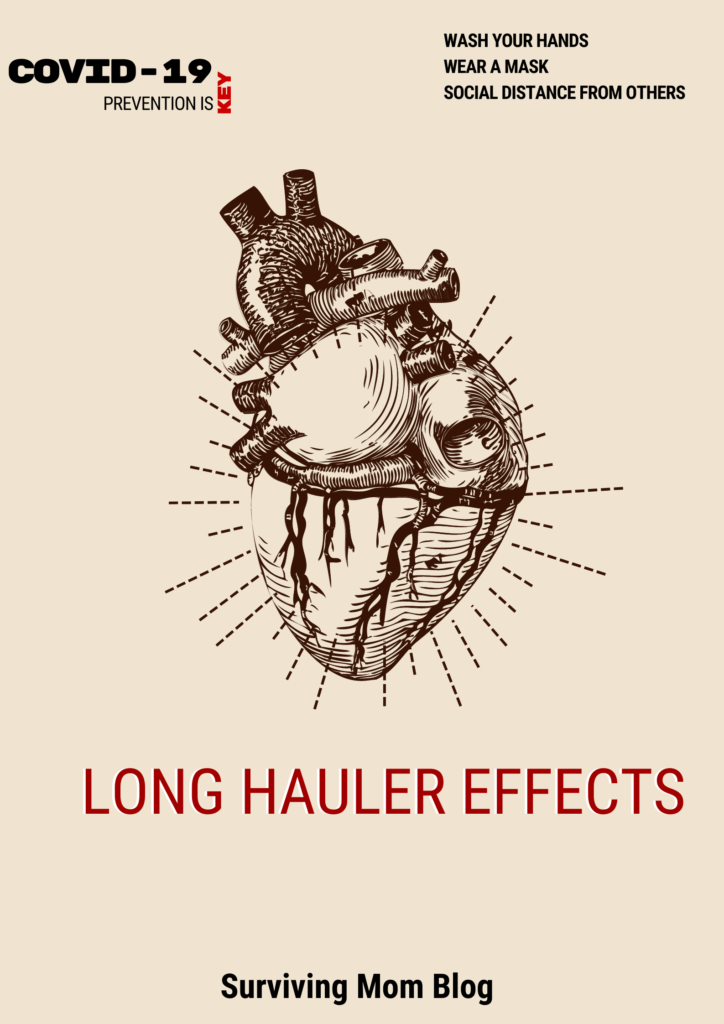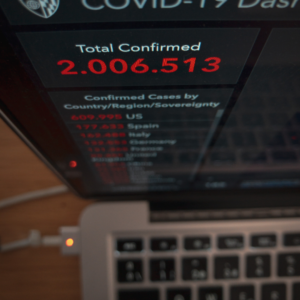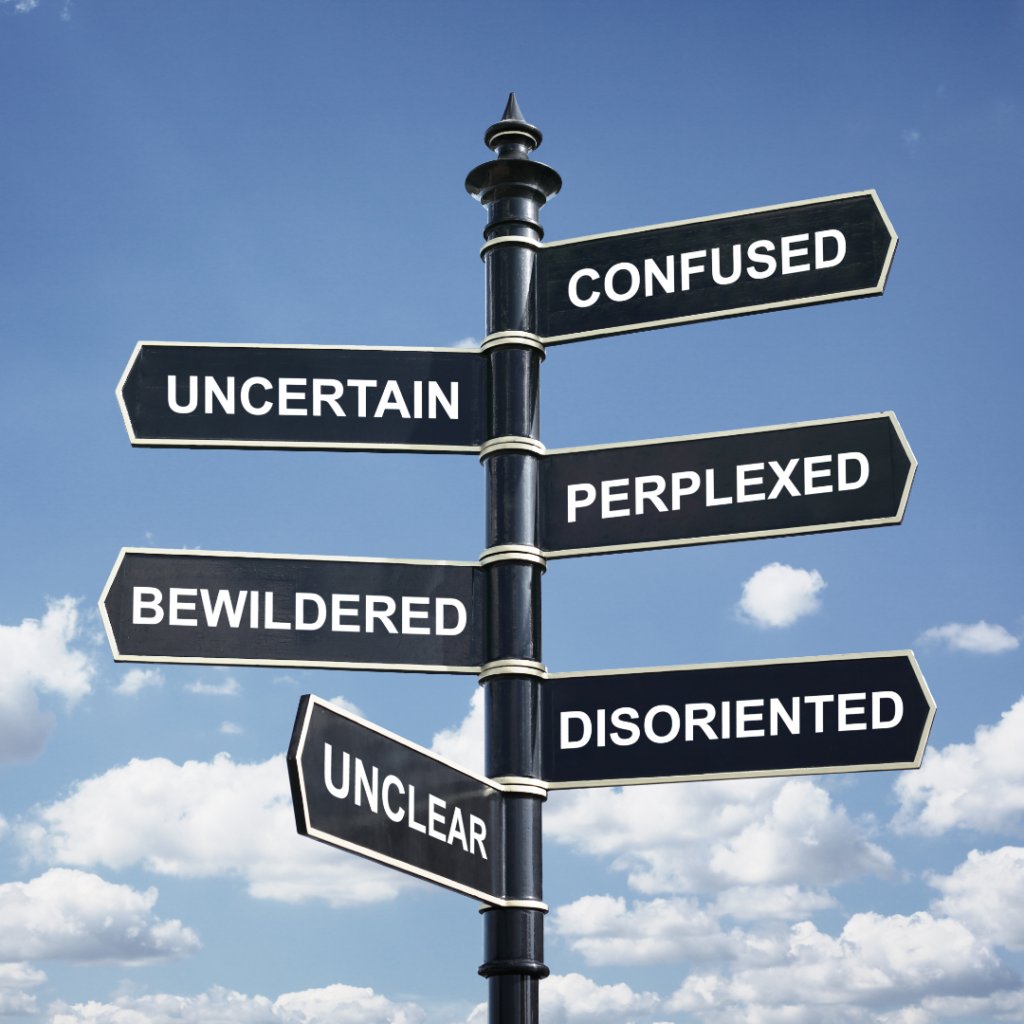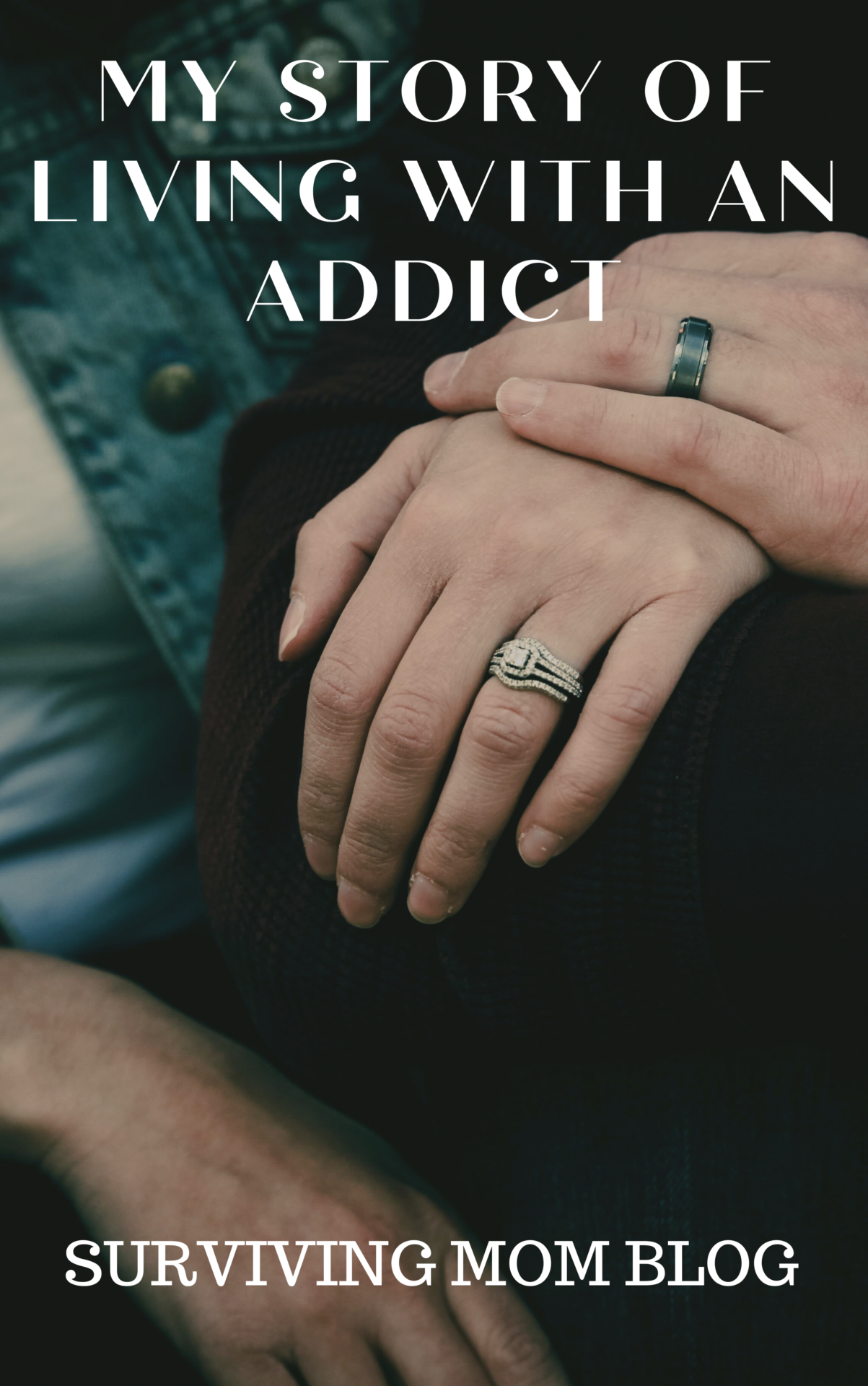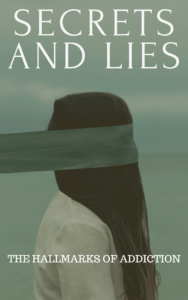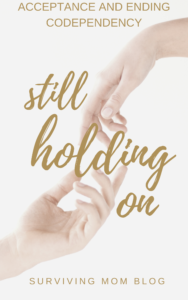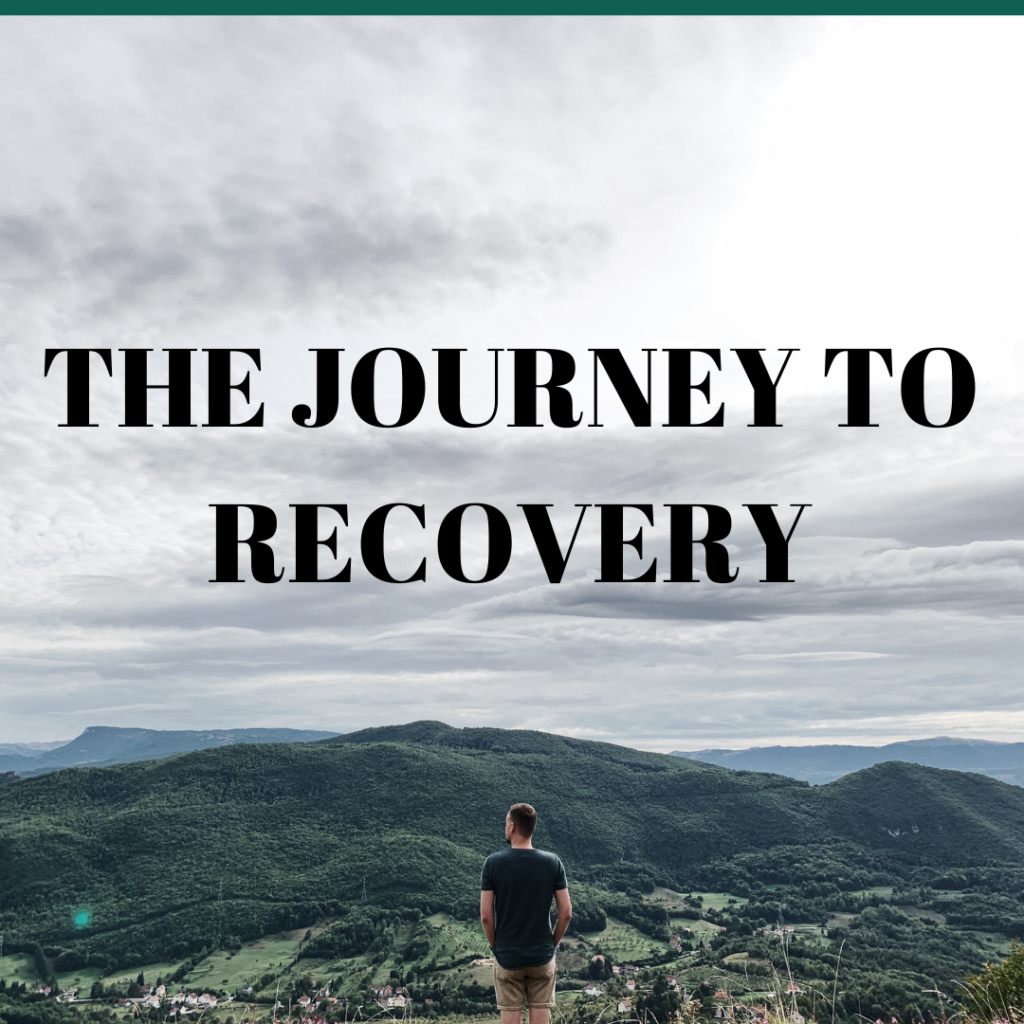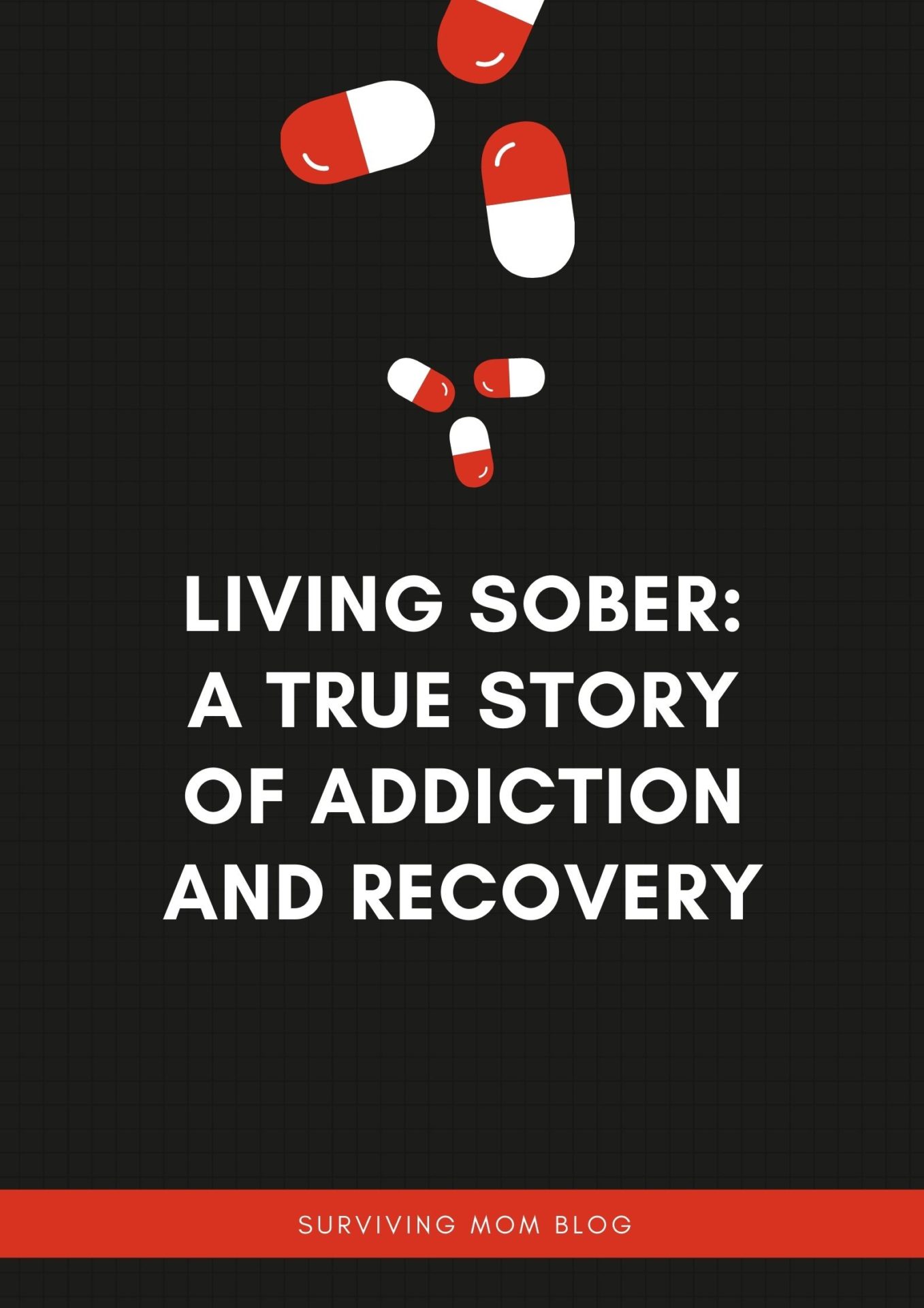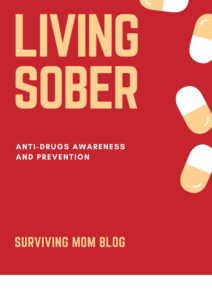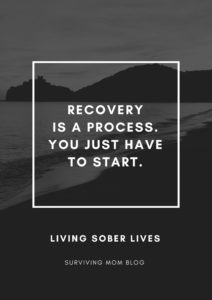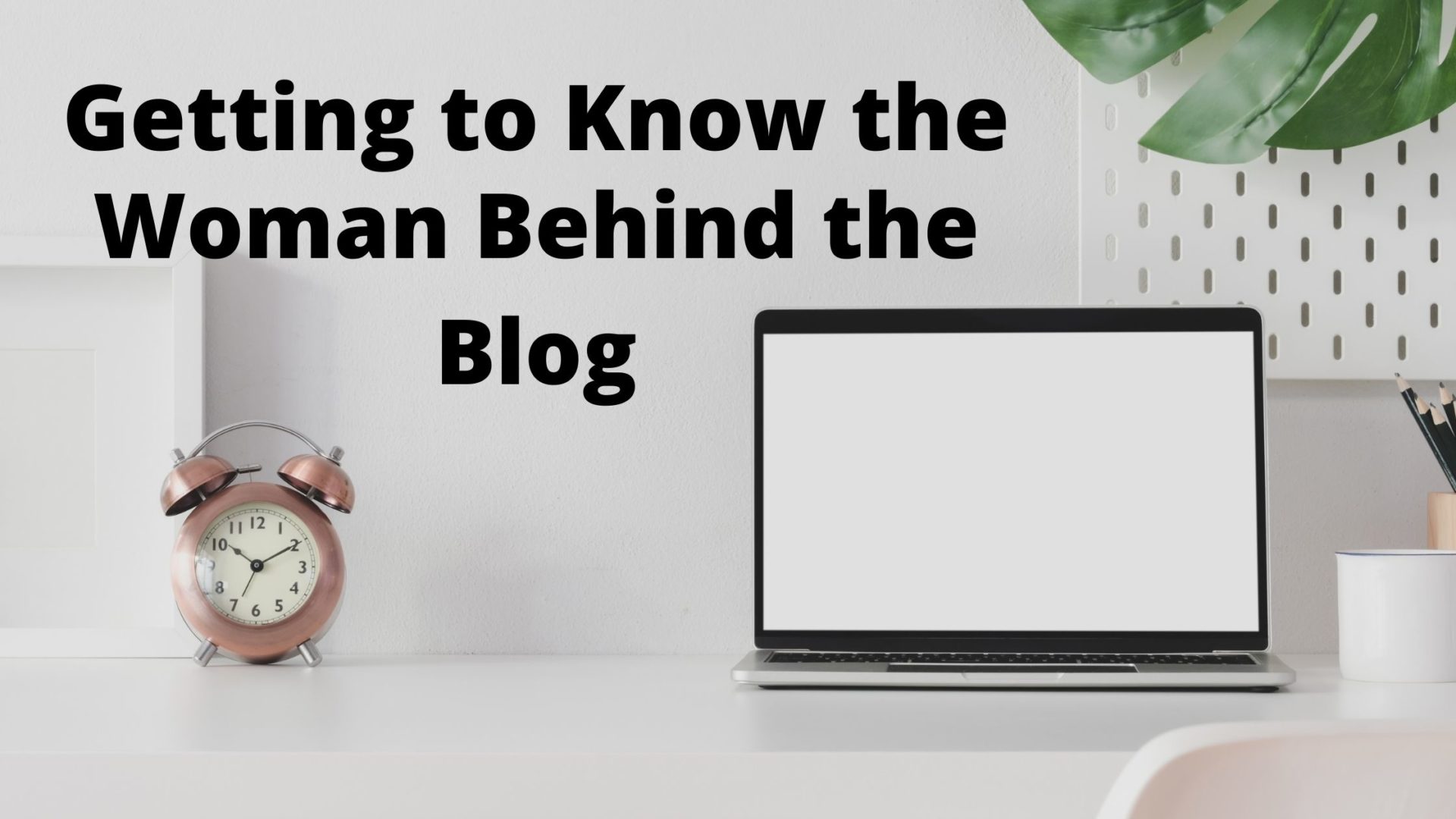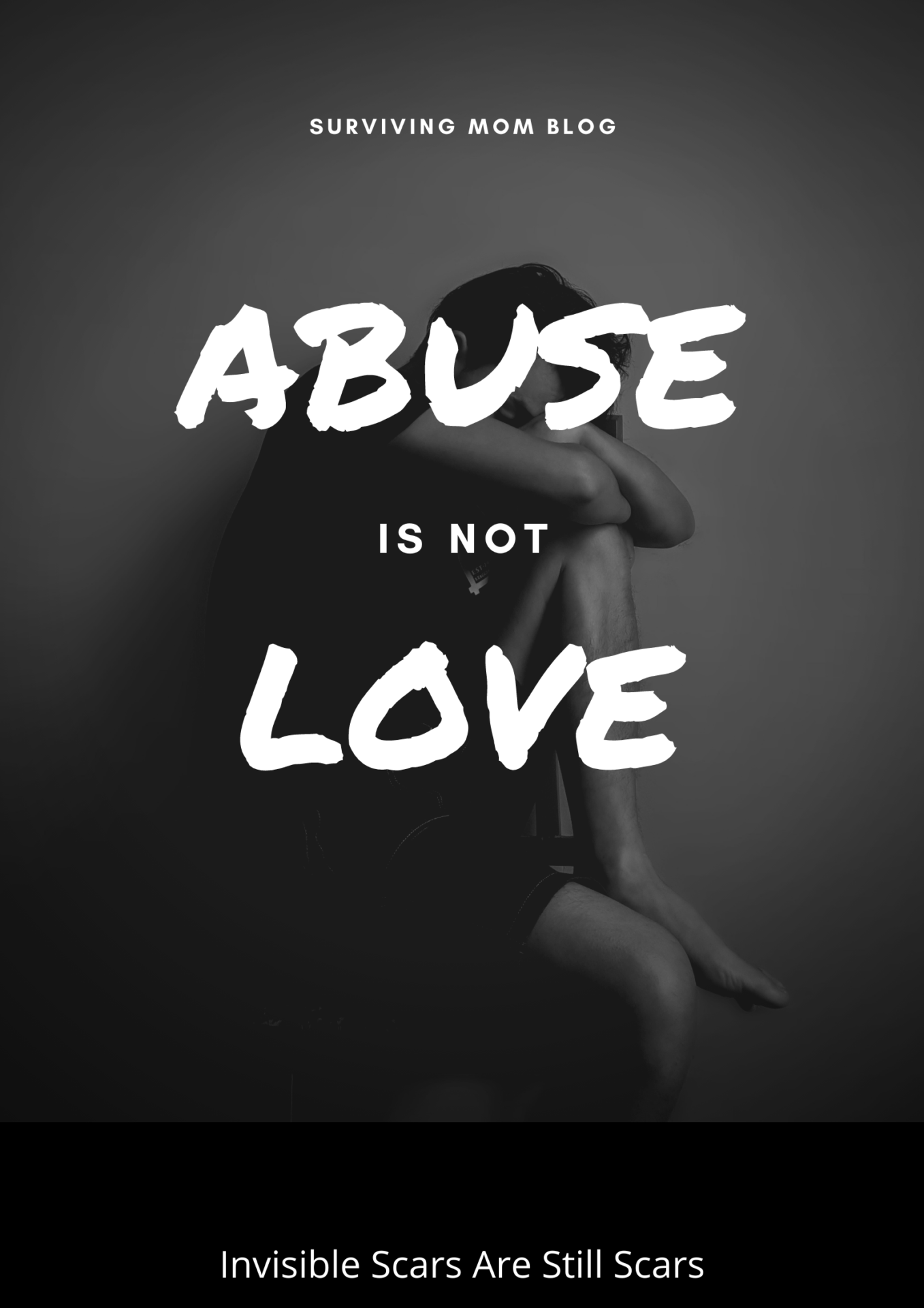
This post is incredibly hard to write because I am sharing something private and very painful. This is my story of surviving narcissistic emotional and psychological child abuse and stopping the cycle of abuse.
a cautionary tale about surviving emotional and psychological CHILD abuse
I wish I could say that I had a happy childhood, but that would be the furthest thing from the truth. I grew up with a mentally unstable mom who was narcissistic and had Borderline Personality Disorder.
At a very young age my role was to listen to my mother’s marital problems. She and my dad were always arguing (sometimes physically, but most of the time it was screaming at one another). I developed a very codependent relationship with her. It was my job to listen to her problems, support her emotionally, and take care of her. I did not set any boundaries with her, as I felt my well-being and safety were completely contingent on my mother’s well-being. When she was upset or wanted nothing to do with me, I felt worthless.
I wanted nothing more than my mother’s approval, and as a result I would parrot a lot of what my mother said to me and try to emulate her. My father was very resentful of this, and growing up he was angry at me most of the time.
As a result, I grew up feeling that my father didn’t like me or care about me.
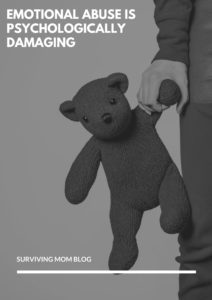
At the age of 8, my mother started throwing me out of the house when she felt I misbehaved. The first time this happened it was dark outside, and I walked a block to a nearby park and sat on a bench. I felt helpless, unloved, and discarded. My father came out at some point and told me I could go back inside. The memory of sitting on that bench for the first time will forever be etched in my mind.
This became my mother’s go to way of punishing me. The amount of time I wasn’t allowed inside varied from minutes to many hours. I felt unsafe and incredibly degraded each time I had to leave and then beg to come back inside. It made me view the world as a very scary place. I had nobody to protect me, and I felt very lost and alone. I could not understand why the person who was supposed to look out for me was the one who was hurting me.
My father was complicit and would follow my mom’s instructions.
I always voiced that what was being done to me was wrong, but my mom would tell me that I brought it on myself by not listening to her.
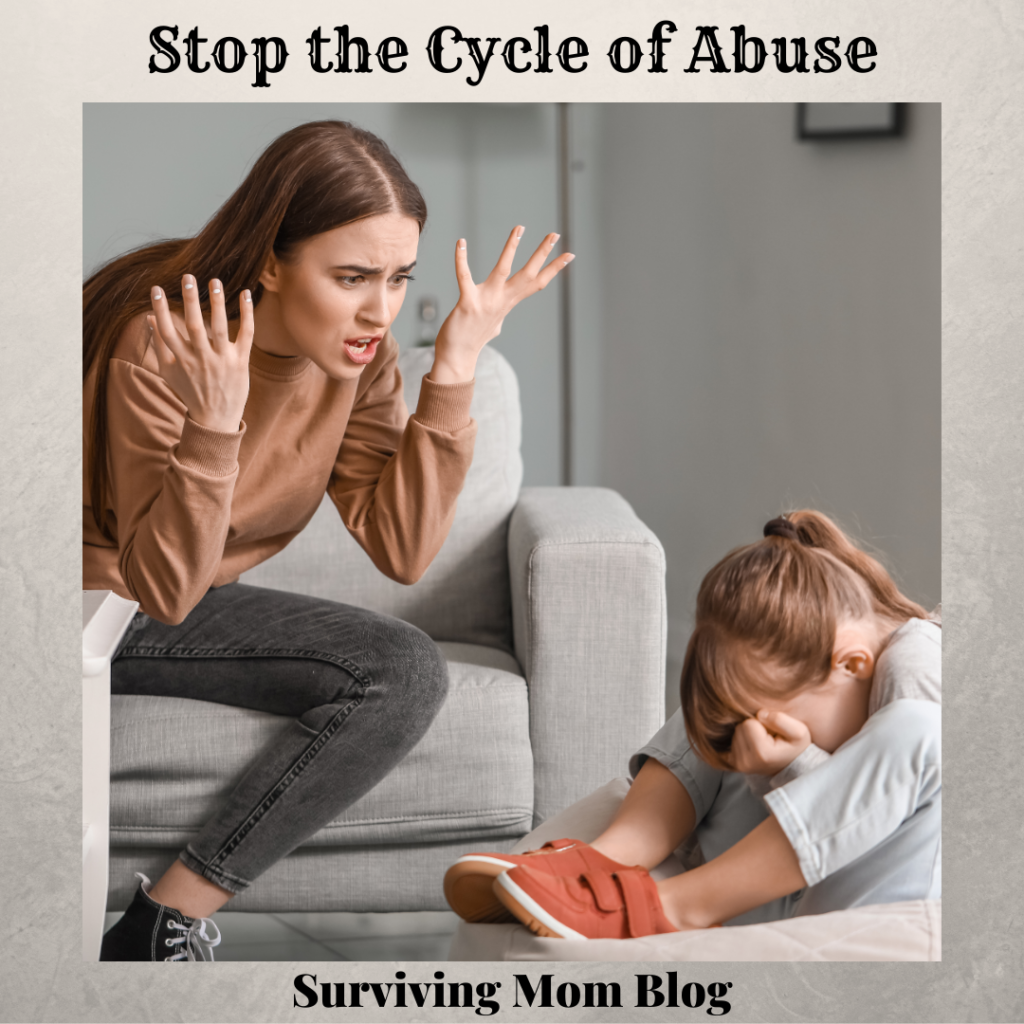
My mother was abused as a child, and in turn, my mother abused me. I vowed that the emotional and psychological cycle of child abuse would stop with me. I vowed to give my child the love and support I never got, and make sure she knew she was loved unconditionally. In order to end the cycle of abuse, I had to face all of the horrors I endured so I would know what to never do to my child. I go into more details about how I stopped the cycle of abuse in my post about parenting.
My parents divorced when I was 24, but as an adult, I still had the belief system that it was my job to make my mother happy. I tried to do everything possible to get her love and approval. As a result, I completely enabled her behavior and set no boundaries. This pattern of codependent behavior was so dysfunctional that I spent two hours of my honeymoon trying to calm my mother down due to her recent breakup. Her feelings were always prioritized over mine, and I felt it was my job to make sure she was okay.
We were the definition of codependency.
Shortly after my parents divorced, I met my husband, Matt, on Jdate. He was the first person who I felt loved me unconditionally. With him I finally felt home. We got engaged a year after we met and married the year after that.
A few years into our marriage we decided to start a family. I got pregnant, and my husband became terrified that I would miscarry.
He started drinking heavily, and once I found out about it, he moved onto pills.
Due to my husband’s battles with substance abuse, I spent the first 4 years of my daughter’s life raising her by myself.
We moved to Atlanta to get a fresh start, but soon after I realized he was abusing drugs again. I reached out to a therapist that specialized in addiction. I didn’t want my child growing up in that kind of environment.
My husband and I went to the therapist together, and for the first time someone besides me told him that he was an addict and needed to get help. It was the wake up call he needed, and he bravely made the decision to seek treatment. My husband checked himself into an outpatient rehab center. He received individual and family counseling and learned heathy coping strategies. He has been clean and sober for the last four years. You can read more about my story of loving an addict here.
I have a wonderful daughter who I love more than life itself.
I have been a Stay-at-Home-Mom since my daughter was born. In school I advocated for my daughter to get a full assessment (and subsequently, an IEP) due to numerous symptoms including inattentive behavior, difficulty processing instructions, and poor short term memory. Brielle was diagnosed with Attention Deficit Hyperactivity Disorder (ADHD) and Sensory Processing Disorder (SPD). I decided to homeschool her to give her the support that she needs. My daughter has made huge strides, and I’m so proud to be her mother. I’m proud to say that I kept my promise to end the cycle of abuse.
I went no contact with my mother two years ago. I did not want to subject my daughter to the same pain, confusion, and heartbreak that I went through. Brielle needs to know that love isn’t something that ebbs and flows based on a person’s whim. It is something that is everlasting, and a mother’s love should be unconditional.
My entire childhood was spent feeling my identity was taking care of my mother.
I managed to break free from that, but somewhere along the way I forgot who I was besides being a wife and mother. I wanted to have something that I did which was separate from those two roles and just for me.
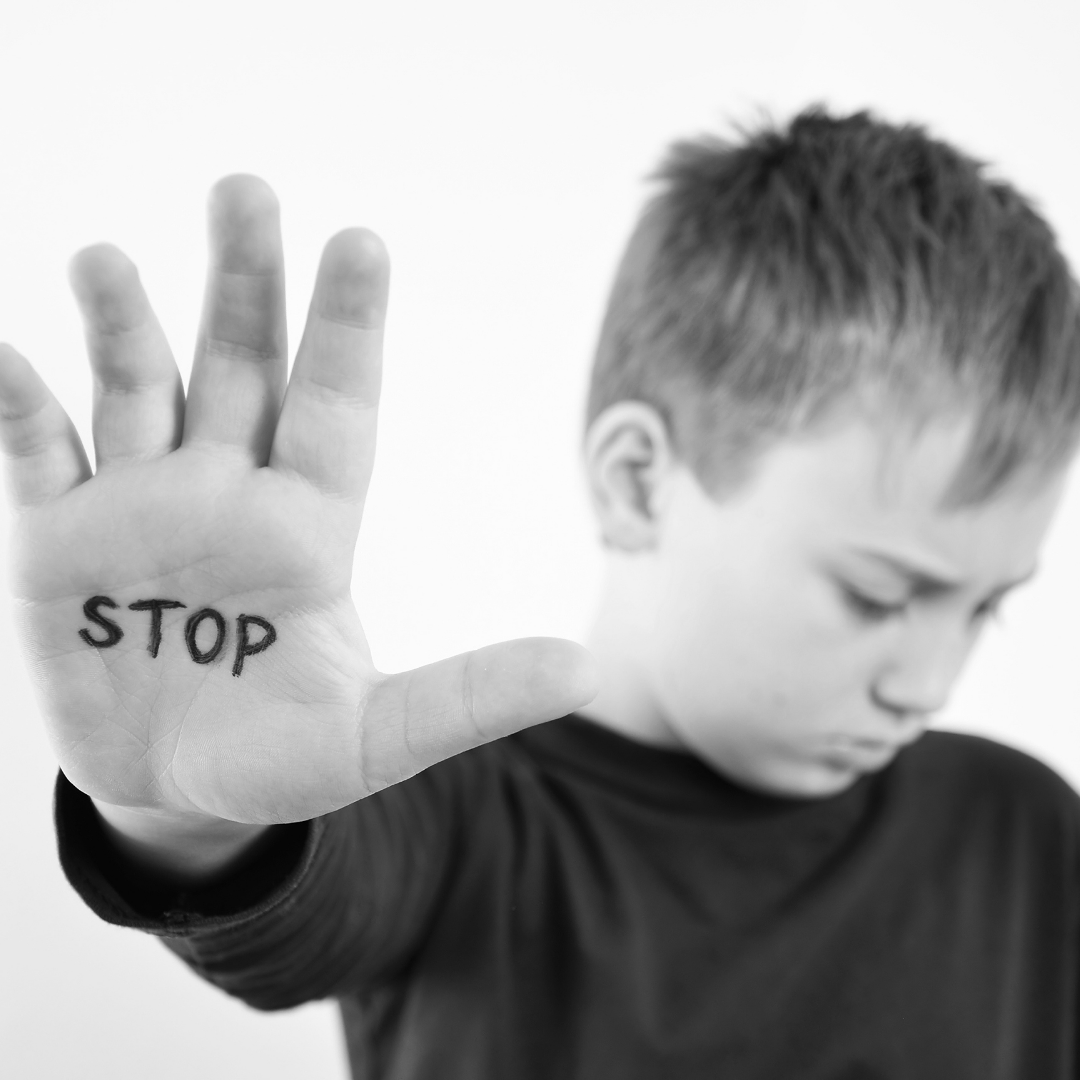
Very few people knew about my abuse, and it was typically glossed over because people felt uncomfortable about it. I decided that I wanted to reach out to foundations for abuse survivors and use my love of writing to try and help others. What started out as writing about abuse for monthly newsletters soon turned into my blog.
I always felt that what my mom did to me was wrong. It took adulthood to grasp that what she was doing was emotional child abuse.
Emotional/psychological abuse is often taboo and harder to recognize by others because the scars are internal.
There needs to be more light shined on emotional and psychological child abuse. The lack of openness and education about this made it easier to see my mother as a wacko rather than to see her as abusive. There isn’t enough widespread knowledge about the various cycles of abuse. There are numerous ways abuse can rear its ugly head.
For most of my life, I felt intense shame about what happened to me. I felt scared and anxious all the time. I went to numerous therapists to figure out how to get “fixed.” I tried medication, hypnosis, brainspotting, Cognitive Behavioral Therapy and Somatic Experiencing.
Different therapists told me that I needed to accept myself to heal and grow. This made no sense to me, and I felt frustrated and confused. How could I accept myself and change at the same time?
One day a lightbulb went off in my head.
I realized that I needed to show compassion to all parts of myself and accept that the damage that was done to me was not my fault. I finally understood that anxiety and fear does not define me. Just as my daughter’s ADHD and SPD do not define her, my anxiety and fears do not define me. I am defined by the person that I am. I am proud of the person that I am. That is something that can never be taken away from me.
I am sharing my story because I want to take my horrific past and use it to support and help others. My hope is that something good can come out of something terrible. It doesn’t make what happened to me any better. I am taking control over my life by speaking about it.
Many cannot relate to what I endured, and I am glad for those who are unable to do so. That said, all of us have gone through some sort of trauma. I want you to know that you aren’t alone. We don’t get to rewrite our past, but we get to decide our present and future.
Emotional and psychological abuse leave scars that only their victims can see. They are there nonetheless. I hope reading my story will encourage you to reach out and tell someone yours. With advocacy and awareness, we can give a voice to those invisible scars.

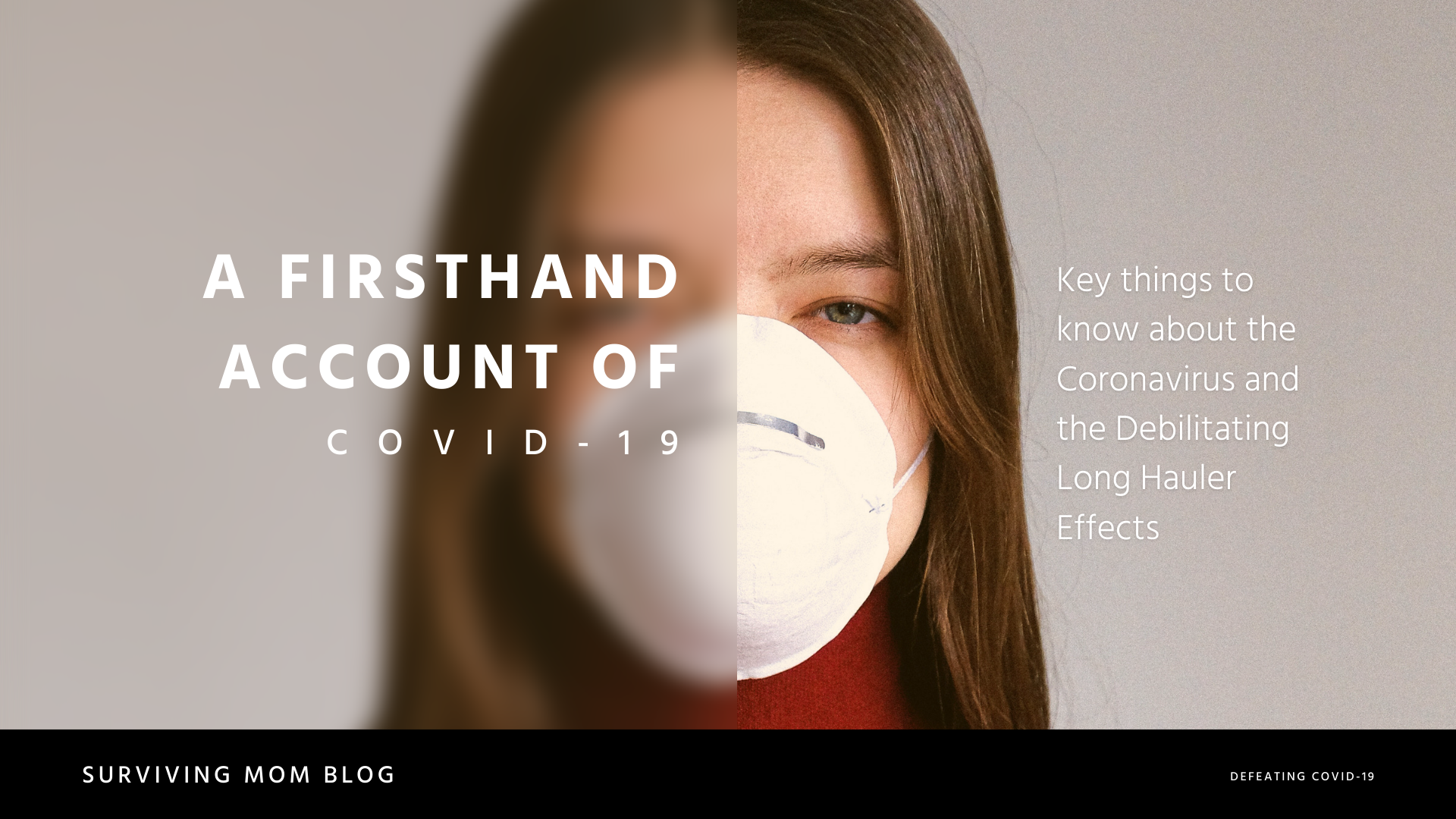
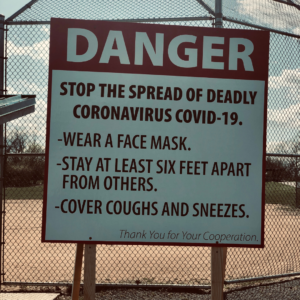 A few weeks ago, I sat with my daughter in a Trader Joe’s parking lot while my husband picked up a few items. People were walking around, faces hidden behind masks. I watched the employee at Trader Joe’s give each person that entered and exited some hand sanitizer and hand out masks to the customers without one.
A few weeks ago, I sat with my daughter in a Trader Joe’s parking lot while my husband picked up a few items. People were walking around, faces hidden behind masks. I watched the employee at Trader Joe’s give each person that entered and exited some hand sanitizer and hand out masks to the customers without one.